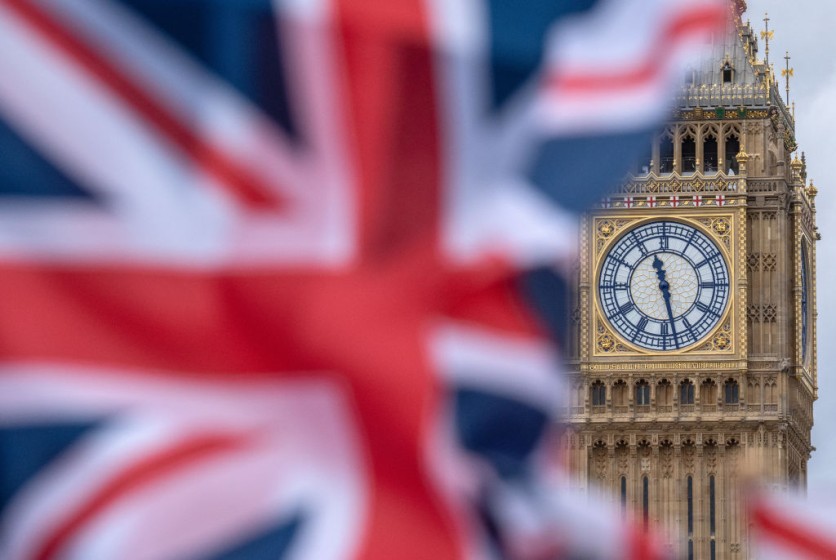
United Kingdom has taken another step further in combatting widespread disinformation propagated by foreign actors. This includes Russia and Putin's global campaign for the acceptance of his incursion into Ukraine.
United Kingdom Files Online Safety Legislation Anew
An amendment to the body of laws on regulating digital media has been filed in the UK to enhance online safety rules, forcing social media companies to proactively look for pieces of disinformation available online coming from foreign state actors. The goal of the legislation is to mitigate the risks of fake news seeping into the borders of the UK.
A 145-page legislation draft was recently published by the UK government as a call for accountability for digital services to manage content and ensure online safety. Dubbed the Online Safety Bill, this draft legislation is a subject of debate, especially as the stifling of freedom of expression is raised by critics, and yet its advantages seem to outweigh the concerns.
The same piece of legislation will primarily introduce an amendment, making "foreign meddling" a priority offense under the new Online Safety Bill. To do this, social media and other platforms must be legally obligated to proactively detect and delete state-sponsored or state-linked misinformation that aims to harm the UK.
The legislation is considered a sound form of protection against "foreign interference," such as unwelcome foreign involvements in elections, among others. The Online Safety Bill promises worse penalties for these. The particular interest of the bill in protecting the country from intrusive foreign parties is a reinforcing measure to the world's current battle against Russian disinformation on the Ukraine war.
It is also expected that stricter protocols on online security can mitigate incidents similar to the Russian prank call to UK Secretary of Defense Ben Wallace and, of course, to Russia's reported involvement in the Brexit referendum vote leading to the UK's departure from the European Union. With legislation in place, the Russian interference in the referendum could have been investigated. Instead, despite available evidence, no effort was made to do so.
'Hostile Online Warfare' Remains a Pressing Concern
Though online disinformation is a worldwide concern, "hostile online warfare," specifically from Russia, was identified by the UK's Secretary of State for Digital, Culture, Media and Sport Nadine Dorries as a pressing problem from which the UK deserves to be protected. In her department's public statement, Dorries asserts that Russia is able to weaponize social media to distort realities and gain political control through disinformation.
With this, she claims that the Online Safety Bill, alongside the National Security bill, paves the way to intensifying internet protections by legally requiring the accountability of social media networks to filter out disinformation that is government-initiated or sponsored.
Online disinformation is tagged a "priority offense." Therefore, now just as punishable as terrorism and human trafficking. This means platforms like Twitter and Facebook can be fined up to £18 million or 10% of their global annual turnover, whichever is higher, for failure to take proactive measures against content that are harmful or illegal. With the Online Safety Bill, the government also holds power to block access to identified sites if deemed necessary.

![Apple Watch Series 10 [GPS 42mm]](https://d.techtimes.com/en/full/453899/apple-watch-series-10-gps-42mm.jpg?w=184&h=103&f=9fb3c2ea2db928c663d1d2eadbcb3e52)


